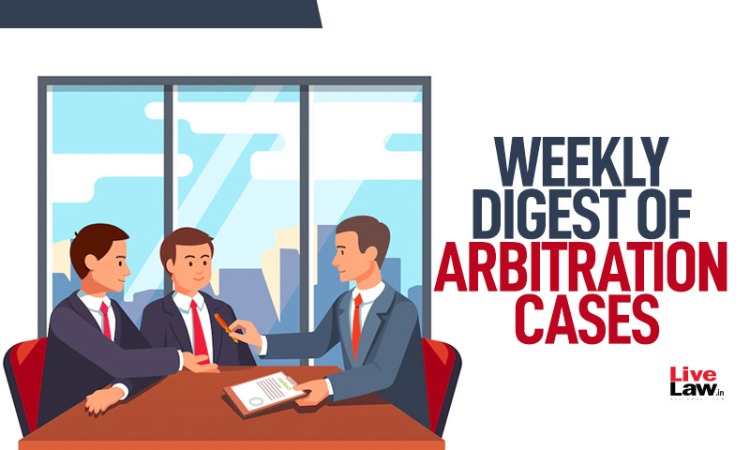Arbitration Cases Weekly Round-Up: 9 October To 15 October, 2022
Parina Katyal
16 Oct 2022 6:11 PM IST

Next Story
16 Oct 2022 6:11 PM IST
Delhi High Court: Period Of Limitation For Referring The Dispute To Arbitration Commences Only After The Failure Of Pre-Arbitration Mechanism: Delhi High Court Case Title: Welspun Enterprises Ltd. versus NCC Ltd. The High Court of Delhi has held that the period of limitation for referring the dispute to arbitration would only commence after the internal dispute resolution...
